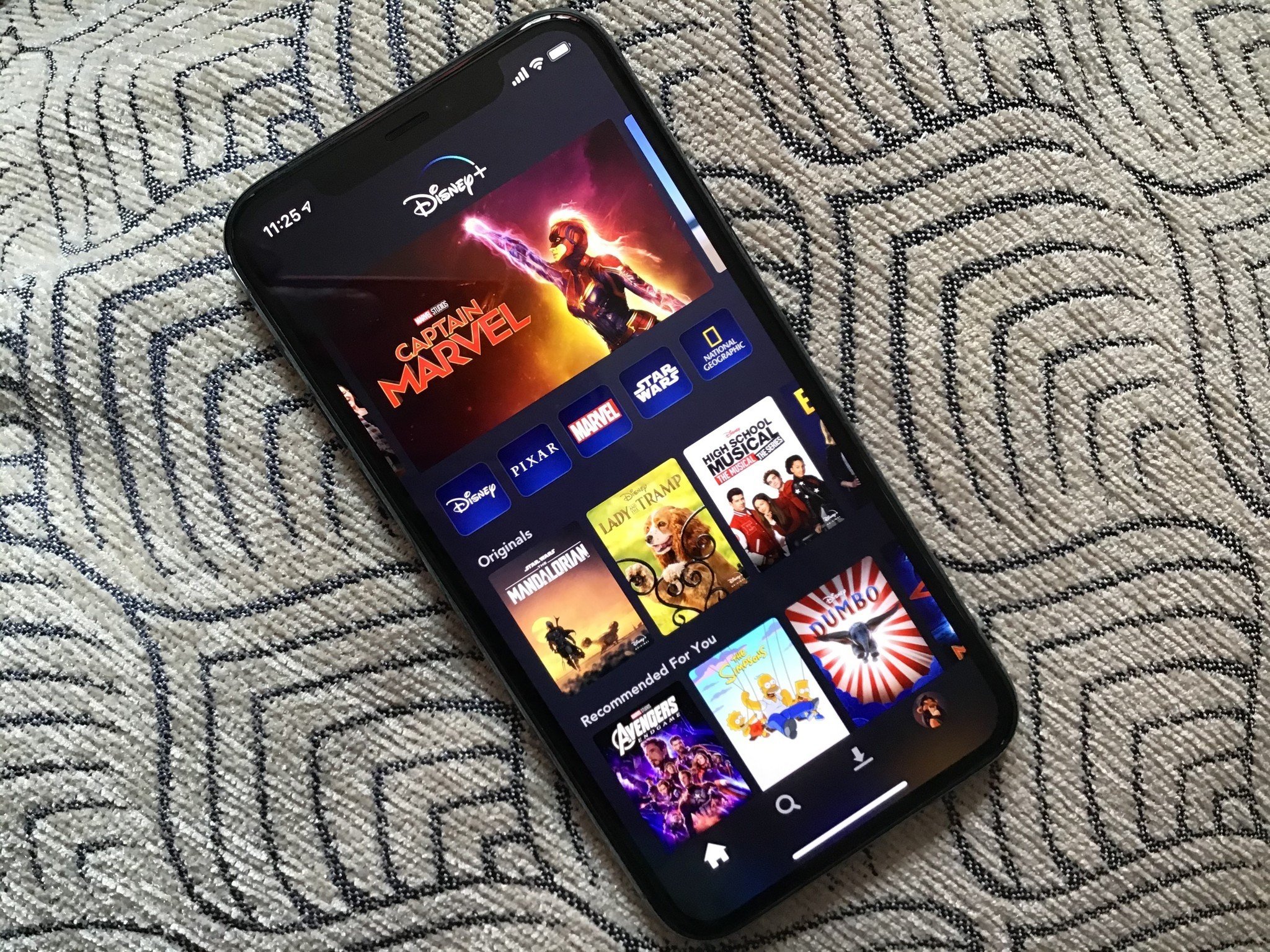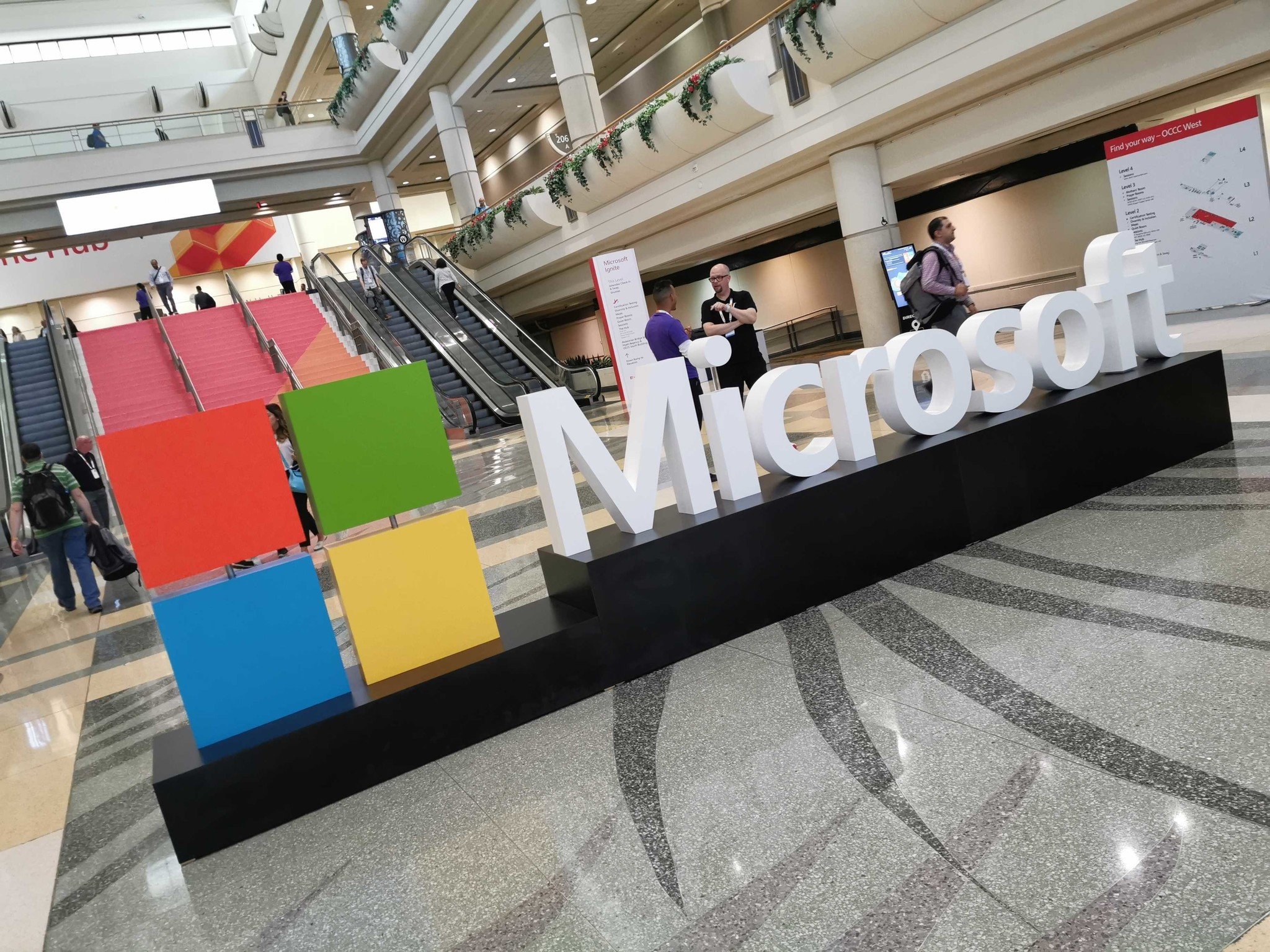
What you need to know
- Microsoft wants its China staff to ditch Android phones for iPhones.
- The move is designed to enhance security as cyberattacks scale greater heights and become more sophisticated.
- Microsoft will replace its staff's Android phones with iPhone 15s.
Microsoft staffers in China will soon be forced to ditch their Android phones for iPhones. The Windows 11 Android integration provides a better user experience than the iPhone, making the move rather odd.
According to a Bloomberg report, the move is slated to take effect in September later this year. This doesn't mean that Microsoft will require its employees to buy iPhones out of their pockets. The Redmond giant will provide an iPhone 15 for its employees using Android phones.
The move is part of Microsoft's Secure Future Initiative, designed to help "prepare for the increasing scale and high stakes of cyberattacks." As you may know, the iPhone is well-known for its privacy and security features.
Microsoft employees in China access IT infrastructure via Microsoft multi-factor authentication (MFA) apps. After September, employees will be restricted from using these apps on Android devices, hence the big push for the iPhone.
Does this mean the iPhone is more secure than Android phones? While the answer remains debatable, Apple has stringent rules about the apps that make it to its App Store compared to Google's Play Store on Android phones. However, the EU pressured Apple to allow third-party apps on its platform, placing it in the same boat as Google.
Microsoft has a security problem it's determined to fix

Microsoft CEO Satya Nadella says, "Security underpins every layer of the tech stack, and it's our No. 1 priority. We are doubling down on this very important work, putting security above all else before all other features and investments."
In the past few years, the tech firm has been riddled with cascades of security failures, including a cyberattack that allowed hackers to access confidential emails belonging to high-ranking government officials.
As part of Microsoft's broader plan, the company recently announced that it will hold top executives accountable for cybersecurity by tying a portion of their compensation packages to meeting security goals and metrics. It also plans to accelerate its response time and remediation when handling security issues.

.jpg?w=600)





